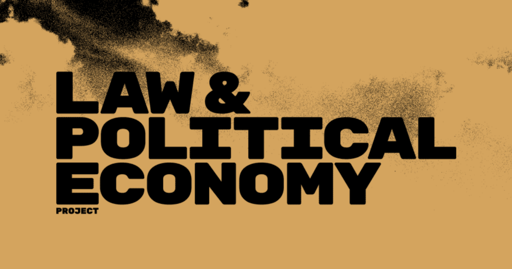Preemption measures against municipal governments have also targeted movements to raise the minimum wage, improve public health, and enact sanctuary policies to protect immigrants. Indeed, state preemption efforts have become so numerous and expansive that movement organizers and others have described the tactic of state governments preempting in response to local government action as “abusive state preemption,” or “aggressive preemption/post-emption.” Such descriptions, while not inaccurate, risk obscuring the fact that state preemption of local municipalities has long been utilized by right-wing and neoliberal legislators to control, oppress, and subjugate local communities fighting to enact racial and economic justice policies. Put simply, the rampant wielding of state preemption power during times of political radicalization is a feature, not a bug, of the American system, and one with which local officials must learn to contend.
Adopting a movement-centric ethos as a local elected official means challenging what is deemed “legal” or preempted by municipal attorneys and creating a popular inside-outside movement that pushes forward a transformational vision and policies for our communities. When local elected officials hear that an issue is likely preempted by the state, their first response shouldn’t be to pull a Hakeem Jeffries and say, “What leverage do we have?” Instead, local elected leaders should enlist the power of the community to demand that local municipalities enact the most transformative legislation that is politically possible—even if its legality may later be challenged by the state.


